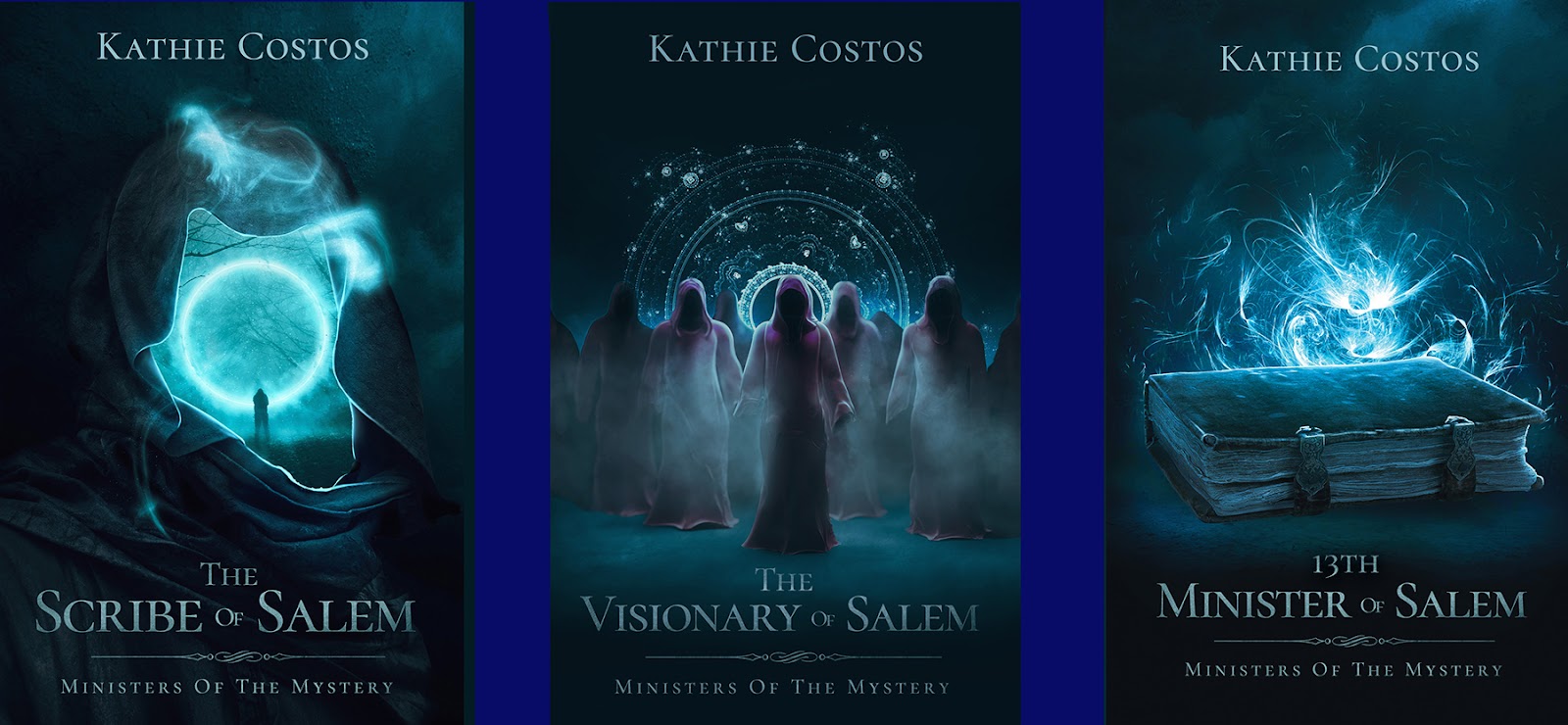Talk about outcasts hitting the news! First, we have Baba Yaga from the BBC. The Greek Reporter has Circe. The New York Times has "brujas" helping Argentina win the World Cup, and last but not least, Marvel Comics The Scarlet Witch.
Baba Yaga BBC
Circe, the First Witch of Greek Mythology
Greek Reporter
Circe was one of the most dangerous women a man could come across. She was known for seducing men, luring them to her island, and never letting them go.
When men, driven mad by their desire to touch her, visited the island, she caught them off guard and used a spell to transform them into pigs, trapping them forever in their ignominious bodies.
And then we have The Scarlet Witch!
Baba Yaga has been an inspiration for animation legend Hayao Miyazaki, including with the character of the bathhouse proprietor in Spirited Away (Credit: Alamy)
Into the Forest is edited by Lindy Ryan, a writer and full-time professor of data science and visual analytics at Rutgers University, New Brunswick, New Jersey who is also the founder of Into the Forest's publisher Black Spot Books, a small press dedicated to female horror writers. So how did an American end up fascinated by this Slavic myth?
"My Russian stepmother emigrated to the United States shortly after the fall of the Soviet Union," says Ryan, "and along with my stepsister and step-babushka, she brought borscht, matryoshka dolls, and Baba Yaga. While most girls my age were growing up with nicely sanitised Disney version princesses, I preferred the stories by Brothers Grimm, Charles Perrault, and Hans Christian Andersen – and, of course, in the books of Slavic fairytale and folklore that talked of Baba Yaga."
Circe, the First Witch of Greek Mythology
Greek Reporter
“Circe Offering the Cup to Odysseus,” by John William Waterhouse, 1891. Circe was among the deadliest women in Greek mythology. Credit: Public DomainWitches have had a long and elaborate history, even back to ancient Greece. Thanks to Homer and his epic adventure tale the Odyssey, we met Circe, who has often been identified as the first witch in Greek mythology.
Circe was one of the most dangerous women a man could come across. She was known for seducing men, luring them to her island, and never letting them go.
When men, driven mad by their desire to touch her, visited the island, she caught them off guard and used a spell to transform them into pigs, trapping them forever in their ignominious bodies.
Odysseus goes alone to rescue his crew, and while he was thinking of a plan to free them, Hermes (the messenger for the gods) appears to him, who reveals the secret to overcoming Circe’s magical arts: he should add to the wine that she provides him a magical plant called moly, which will make him immune to any spell.Behind Argentina’s World Cup Magic, an Army of Witches
When Circe was unable to turn him into an animal, Odysseus forced her to return his crew to human form. Circe would eventually fall in love with Ulysses and help him on the journey home after he and his crew spent a year with her on the island.
France might have its star Kylian Mbappé, but Argentina has hundreds of “brujas” casting spells to protect Lionel Messi and the rest of its national squad.
New York Times
By Jack Nicas and Ana Lankes
Jack Nicas and Ana Lankes met with witches in Buenos Aires and in Lionel Messi’s hometown, Rosario, Argentina, for this article.
Dec. 17, 2022 Magalí Martínez knew something was off: The seemingly invincible soccer star Lionel Messi was scuffling on the soccer pitch. To her, it looked like he was afflicted with a supernatural curse that has roots in different cultures across history, the “evil eye.”
So Martínez, a self-proclaimed witch and part-time babysitter, got to work. She focused intensely on Messi, began repeating a prayer and drizzled a bit of oil into a bowl of water. If the oil remained dispersed, he was safe. If it collected in the middle, he was cursed.
“It came together like a magnet,” she said. “I knew I wouldn’t be able to cure him alone.”
She went to Twitter and called on her fellow witches across Argentina. “Evil-eye healing sisters, Messi is very affected,” she said. “I need your help.”
A thousand people shared her tweet, with many saying they, too, were witches and would work to protect Argentina’s golden boy.
And then we have The Scarlet Witch!




Comments
Post a Comment